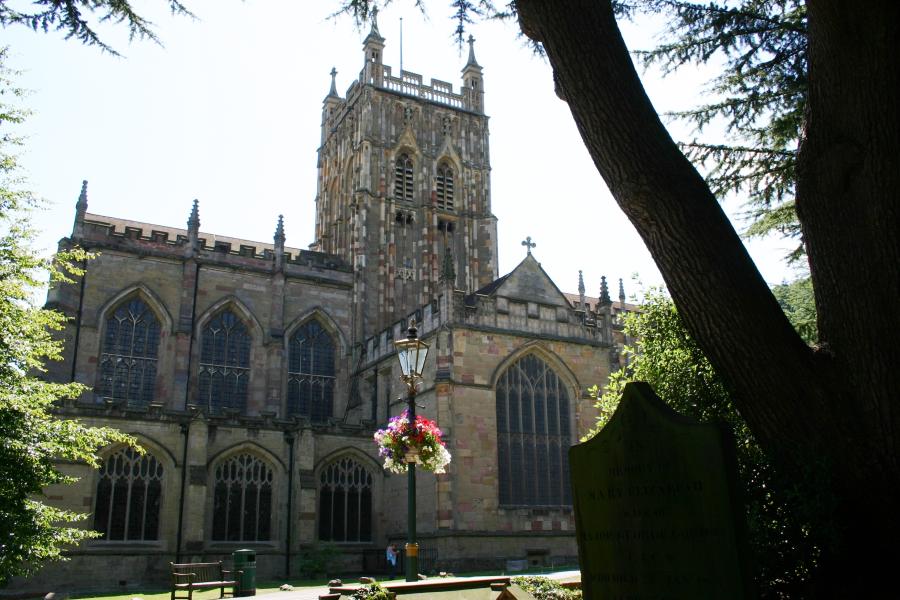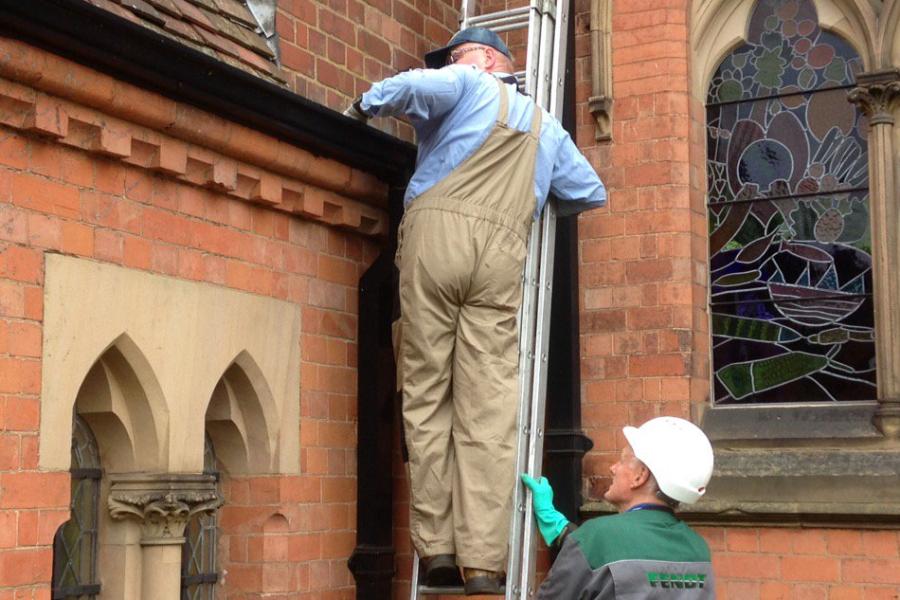Reservation of a Grave Space
- The ‘right to burial’ in the churchyard of a parish church means the right for the remains of a person to be buried in that churchyard if they lived in the parish at the time of their death, or if their name was on the electoral roll of a parish at the time of their death, or if they died in the parish. The remains of other people may also be buried in a churchyard solely at the discretion of the incumbent acting in accordance with general guidance given by the PCC.
- This right only exists so long as the churchyard is open for burials. Many churches, particularly urban and suburban ones, have been closed for burials by Order in Council and no burials can lawfully be undertaken there save in limited circumstances.
- The general right to burial does not include the right to burial in any particular location within the churchyard.
- If a person wishes to seek to reserve a particular grave space in which to have their remains buried in due course, they may ‘petition’ (make an application) for a faculty for the reservation of a grave space. They may also apply on behalf of their spouse and, exceptionally, other family members. A ‘faculty’ is an order of the Consistory Court.
- The petitioner (the person applying) may be a parishioner but does not need to be. But if an application is made by someone who does not have a right to burial in the Churchyard, a faculty can only be granted if the minister of the parish consents.
- If granted, the remains of no other person may be buried in the reserved space for so long as it is reserved. When a churchyard is full, or nearly so, this means a reservation can prevent another person with the right to burial in the churchyard being so buried, if the only spaces left have been reserved.
- If granted, the reservation may persist even if the churchyard is subsequently closed to other burials providing the order closing the churchyard makes an exception for burials in reserved spaces.
- Granting a faculty for the reservation of a grave space is a matter that is at discretion of the Chancellor, who is the judge of the Consistory Court in each Diocese. This means that whilst any qualifying person may petition for a faculty for reservation, receipt of such a faculty is not guaranteed to anyone. It is a privilege that may be awarded if the circumstances justify it.
- Decisions will usually be made on the papers supplied, unless the petitioner requests an oral hearing. The Chancellor may also direct an oral hearing where necessary or appropriate.
- The Chancellor of the Diocese of Worcester intends to exercise her discretion in line with the following principles (whilst judging each individual case on its merits):
a. Petitions from those with an existing right to burial in a particular churchyard will be treated sympathetically.
b. Petitions supported by the minister, churchwardens and PCC will be treated sympathetically.
c. A petition from a person who does not have the right of burial in the churchyard, and who does not have the consent of the minister cannot be granted.
d. Faculties will not usually be granted for longer than the churchyard is likely to remain open for burials, so as not to unfairly prejudice others with a right to burial in a particular churchyard.
e. Faculties will not usually be granted for longer than 25 years, however long the churchyard is likely to be open for burials as, if a person is still alive 25 years after the reservation, their circumstances are likely to have changed. It is important that parishes are not burdened with old reservations for people who have moved away (or whose remains may already have been buried elsewhere). Further applications for an additional period may be made if the circumstances justify it.
f. Where an application is not supported by the incumbent, churchwardens and/or PCC additional reasons justifying why it would be right to grant a faculty for reservation should be given.
g. Similarly, if a reservation is sought for longer than the churchyard is likely to have space for burials, or for longer than 25 years in total, additional reasons to justify such a period should be given.
11. The fees in connection with an application to the court seeking a faculty for the reservation of a grave space are currently set out in the Ecclesiastical Judges, Legal Officers and Others (Fees) Order 2025 which can be found here. As at the date of this notice the fees are £362.40 for the application. Additional fees are charged where appropriate, for example in the event an oral hearing, or detailed judgement is required. Fees orders are usually updated annually.
12. PCCs have a duty to maintain the churchyard. Therefore, where possible, petitioners are encouraged to offer a donation to the PCC to contribute towards the costs of maintaining the churchyard in which they wish to be buried, upon a faculty being granted. The level of donation encouraged is £200. However, if a petitioner is unable to afford to offer a donation of that amount that will not preclude a faculty being granted to them if their case is otherwise meritorious.
Download an application for a faculty for the reservation of a grave space.


